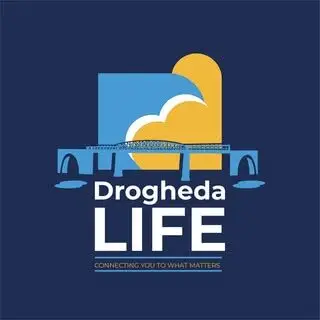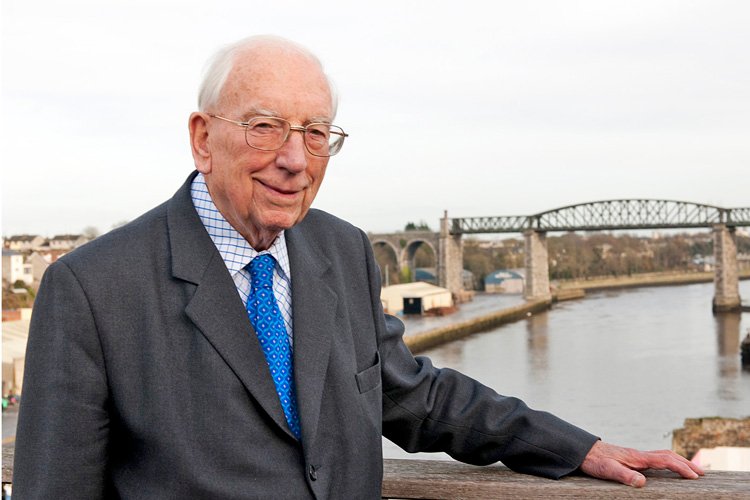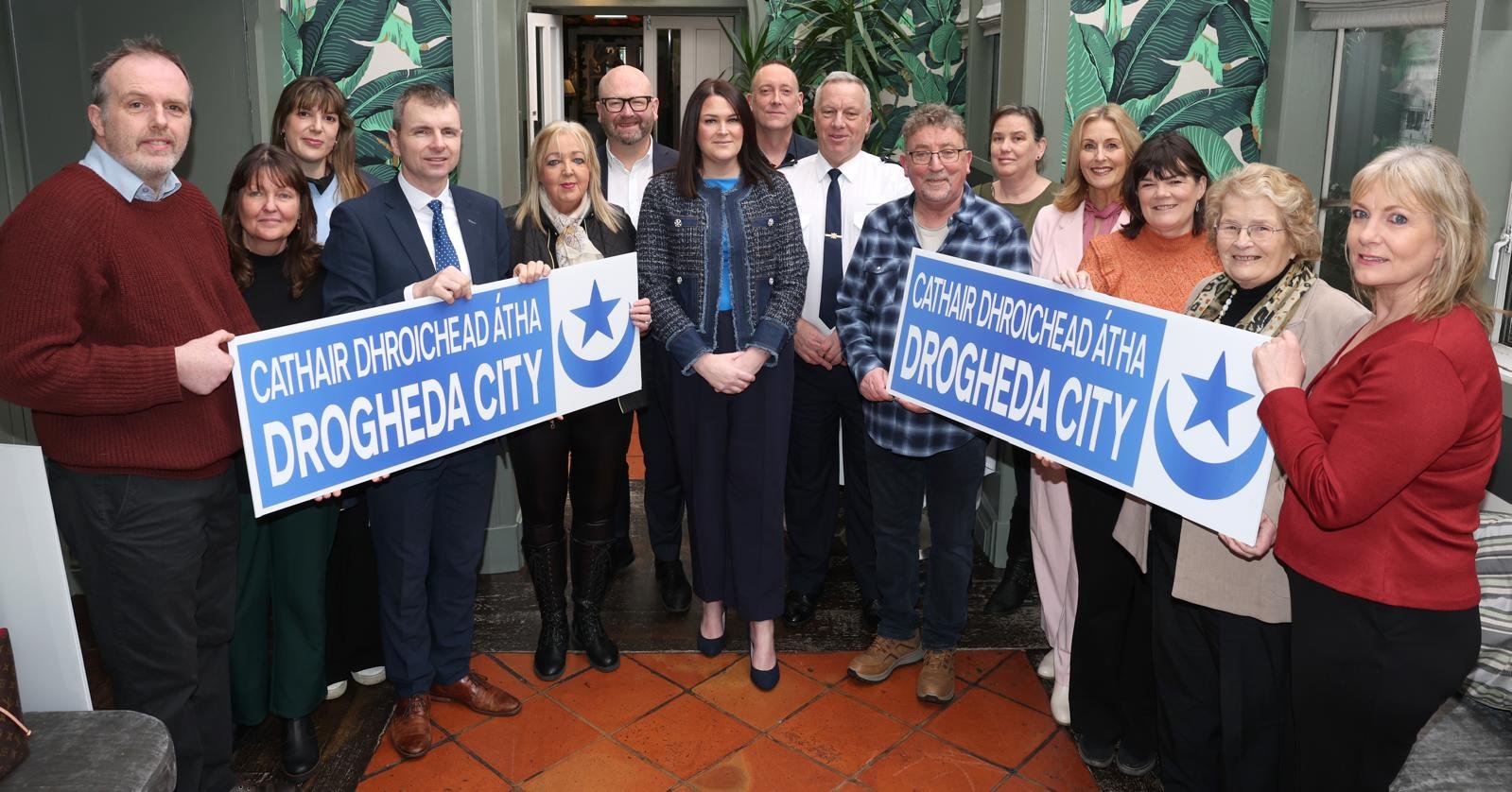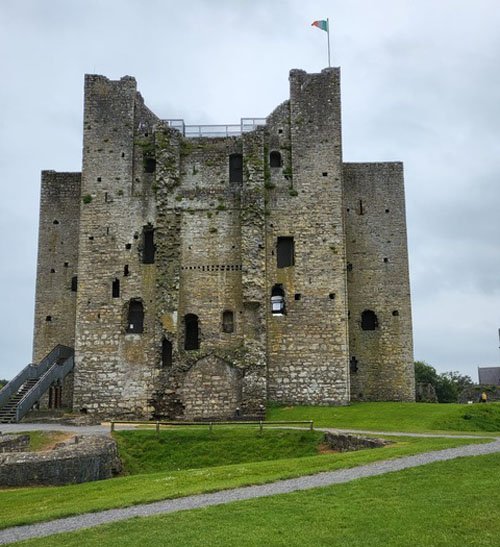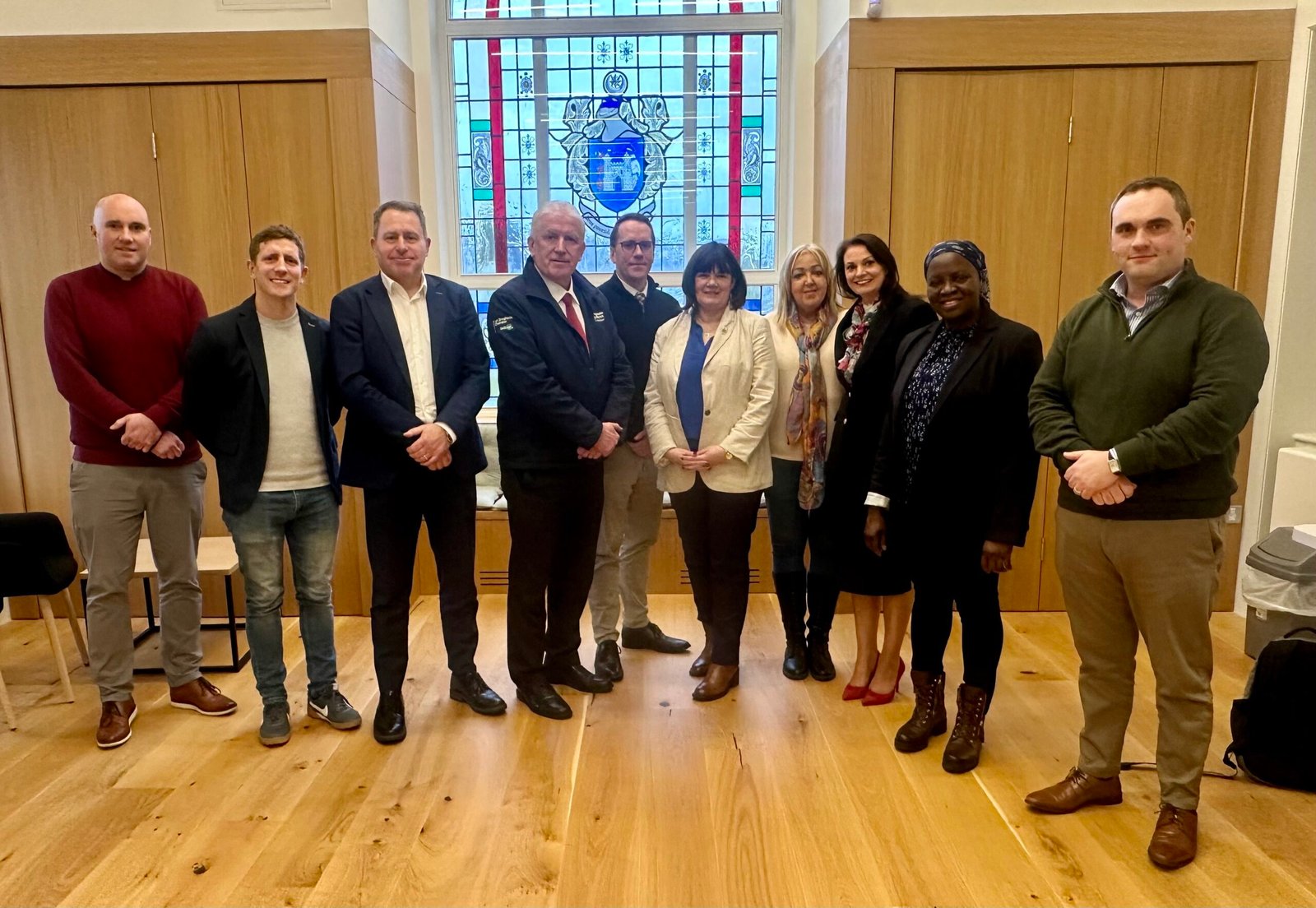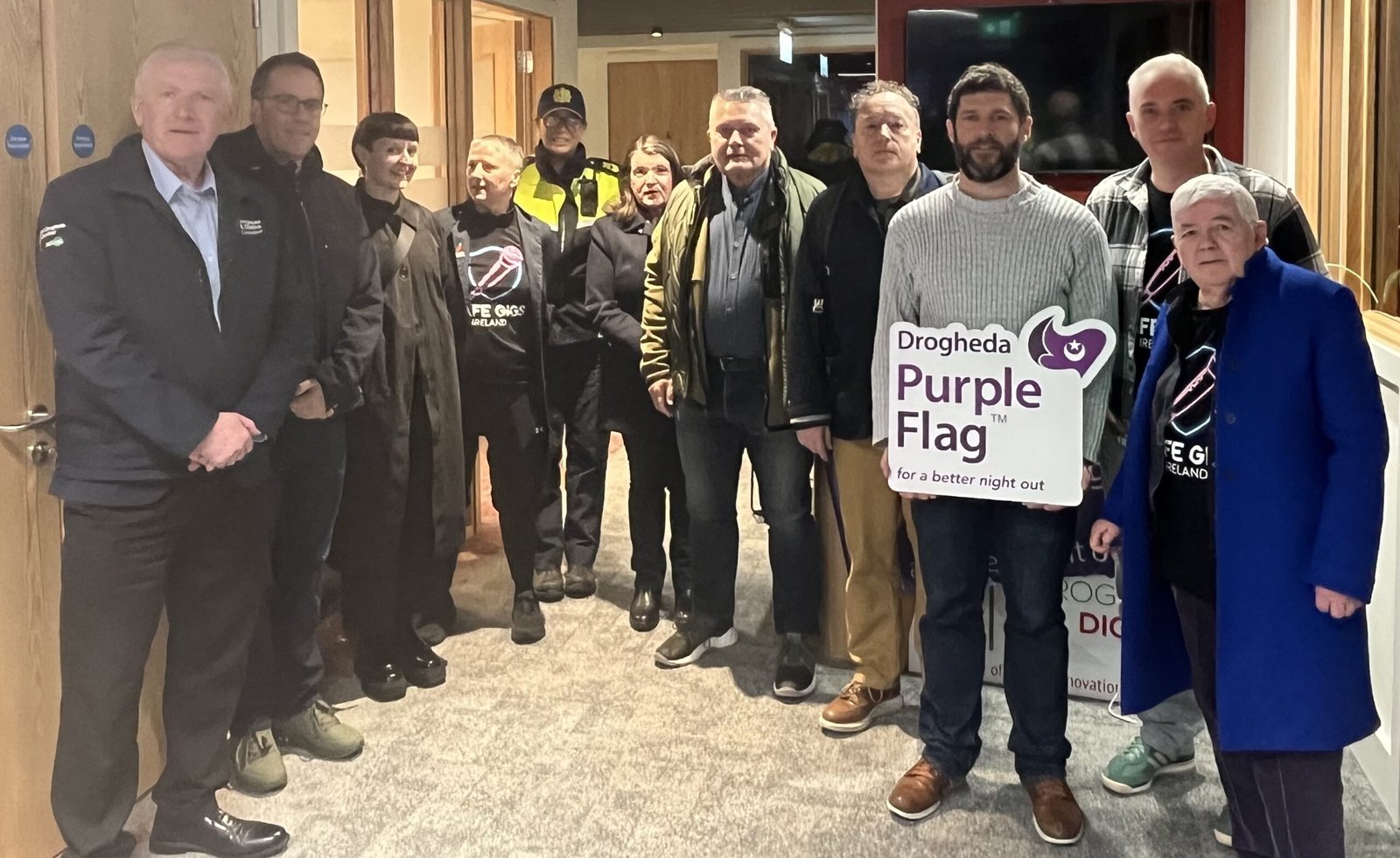By Sean Collins
In late 2004 the then Mayor of Drogheda, Councillor Ged Nash, developed and produced an Economic Plan for Drogheda and asked me to ask Dr. T.K. Whitaker if he would launch the plan and he duly agreed.
T.K. Whitaker, or Ken as he was popularly known, loved to visit his beloved Drogheda and the fact that Ged was a fellow past pupil of St. Joseph’s CBS also helped.
Ken said he would prefer to travel to Drogheda by train as he had done so on a daily basis when he was first employed as a civil servant. He advised that the train would arrive at 10 00am and asked me to collect him at the station.
He was a sprightly 88 years young at the time and explained he would appreciate a lift into town. I duly arrived at the station with ten minutes to spare and was rebuked by the ticket master, a Mr. Byrne I recall, for being late and keeping that important man waiting.
When I enquired where Ken was, I was told that he was in the railway workers room and was directed to a doorway on the platform. When I entered I was not at all surprised to find Ken sitting around a fire, a large mug of tea in his hand, in deep conversation with I reckoned most of the station staff.
“I won’t be long” he said, “you don’t mind waiting do you?” This was the Ken Whitaker I had come to know and admire. A world-renowned economist but also a man of the people.

TK Whitaker photographed at his home in Dublin with a painting of his beloved Drogheda in the background. Photo: Andy Spearman.
Kenneth Thomas Whitaker was born in Rostrevor in County Down in 1916. His father Edward gained a new position at the Boyne Mill in Drogheda in 1922, and the family moved to the town. Ken was six at the time, arriving in Drogheda in May, as the Irish Civil War was about to erupt.
He recalled his earliest memory of Drogheda was of a wild-eyed young man, revolver in hand, dashing across William St., being chased by Free State forces.
Paradise Cottage in William Street was his new home and school was at West Gate, he once told me that “on fair days we had to creep in terror past the unpredictable legs of the horses crowding the Fair Green”.
Ken also recalled that in Drogheda “spinning tops appeared with the daffodils, marbles were played in April and May and Conkers did battle in late Autumn”.
Ken settled into secondary school in St. Joseph’s at Sunday’s Gate, where he was largely influenced by a Brother Burke, and a “scholarly layman” called Peadar McCann who was also a native of County Down. McCann was an active republican who was elected to Drogheda Corporation as a Sinn Fein representative in 1920.

Dr TK Whitaker pictured in 2009 with former Taoiseach Garret Fitzgerald, Mayor Michael O’Dowd and Sean Collins at a lunch in the D Hotel. Photo: Jimmy Weldon.
Speaking of McCann many years later Ken said, “imagine a teacher so dedicated as to come to school half an hour early for several years, and for no reward, to teach a handful of us French!”
“Peadar lived long enough to see his student reach the top in the Irish Civil Service but not long enough to see him become President of the Alliance Francaise de Dublin or know that he had conversed in French with President de Gaulle”.
Ken’s favourite pastime in Drogheda in his youth was walking with his lifelong friend Tom Branigan along the River Boyne around Oldbridge. Watching the net fishermen in the hope of seeing some salmon being landed. Boyne Coracles were still in use at the time.
Ken fancied the idea of university but it was not a realistic idea financially, so he opted for the Civil Service and in 1934 he took first place in the Irish Civil Service Exam and took a job in the Department of Finance where he advanced quickly through the ranks and counted among his friends the famous novelist, playwright and satirist Myles na gCopaleen also known as, Brian O’Nolan and Flann O’Brien who wrote such novels as At Swim-Two-Birds, The Third Policeman and An Béal Bocht.
In 1956, at the age of 39, Whitaker was appointed Secretary of the Department of Finance. Ireland’s economy was in deep depression, economic growth was non-existent, inflation soared and unemployment and emigration were rampant.
Whitaker put together a team of officials in the department and together they came up with a plan for economic expansion which proved to be the badly needed stimulus of foreign investment into the Irish economy.
In his lifetime Ken was awarded many accolades including six honorary doctorates, the French Legion d’Honour, and the Freedom of his beloved Drogheda. He died in Dublin in 2017, in the 101st year of his life.
